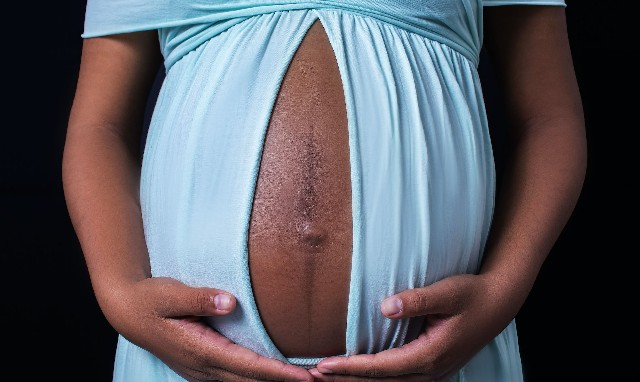The number of women who have died within a year of pregnancy, according to a study published in the medical journal JAMA, has more than doubled between 1999 and 2019. According to researchers, among those maternal mortality deaths, the most deaths are seen among Black women.

“Our findings provide important insights on maternal mortality rates leading up to the pandemic, and it’s likely that we’ll see a continued increase in the risk of maternal mortality across all populations if we analyze data from subsequent years,” Dr. Allison Bryant of Mass General Brigham in Boston said in a statement.
“Black individuals would likely still have the highest rate, but there may be a higher uptick in some of the other groups in the last few years.”
According to the study, there were an estimated 1,210 maternal deaths in 2019, compared with 505 in 1999.

Additionally, researchers estimated that the number of deaths per 100,000 live births rose from 12.7 to 32.2 overall. Researchers further broke down statistics as follows among each ethnic group.
- From 26.7 to 55.4 among Black women
- From 14.0 to 49.2 among Native Americans and Alaska Natives.
- From 9.6 to 20.9 among Asians, Native Hawaiians and Other Pacific Islanders
- From 9.4 to 26.3 among Whites
- From 9.6 to 19.1 among Hispanics
Although Black women accounted for the highest number of maternal mortality deaths, as you can see, the greatest increases over time were seen among Native Americans and Alaska Native women.

So, why are Black women more at risk of dying than their counterparts?
Per the CDC, there are multiple factors that contribute the disparities. Some factors include: a variation in quality healthcare, underlying chronic conditions, structural racism, economic imbalances, and physical/economic health.
According to the American Hospital Association, support should/and can start with hospitals and health care professionals by doing some of the following to help lower Black maternal mortality rates:
- Listening to Black women.
- Implementing and prioritizing postpartum education and supporting Black women during health care visits.
- Incorporating robust postpartum depression and anxiety screening during appointments.
- Partnering with Black Maternal Health Organizations.
Let’s help to ensure that there are Black mothers to raise their children.







